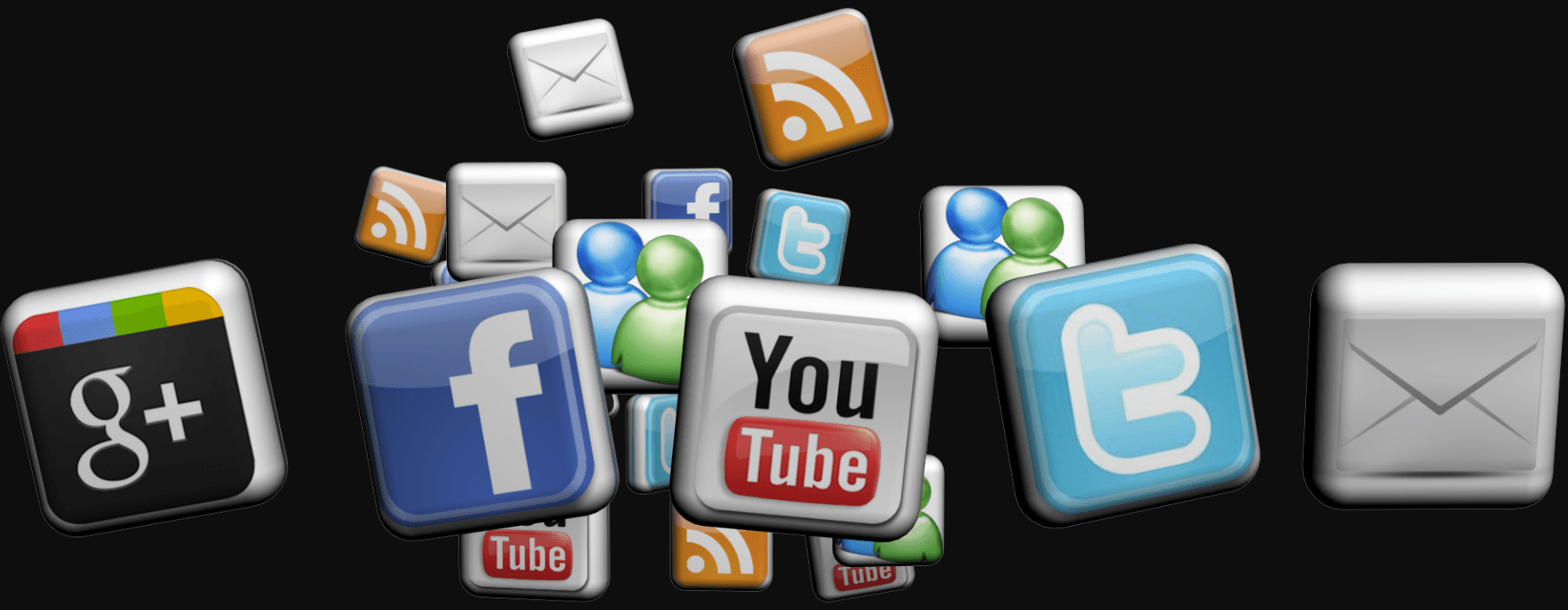THREE REASONS WHY I STILL LOVE SOCIAL MEDIA
You do not have to look far to find folks who like to share all the things they hate about social media. Many people have taken it a step further and completely thrown in the towel on social media. They simply wanted to block all the social media negatives out of their lives. Each person has that right and I certainly respect that right.
As for me, I choose not to exercise that right. I choose to remain engaged with social media. Now I definitely agree that social media has its disadvantages. That is true of every human arena. I think it has something to do with the fact that none of us is perfect. Therefore, we must actively work to overcome the disadvantages and the misuses involved in every human arena. Simultaneously, as I reflect on where social media is today and what it has done for us, I prefer to focus on the significant positives.
When it comes to social media, I like to think of “Life Before Social Media” and “Life After Social Media.” As a baby boomer, that gives me lots of material with which to work! Even a cursory review of life before and life after, tells us much has changed. Again, preferring to focus on the positive, here are the three big reasons I still love social media:
1—Professional Networking.
Professional networking has always been important, and some folks are better at it than others. Regardless of your prowess with professional networking, social media is a commanding way to expand and enhance your network. In addition to all the traditional mechanisms of professional networking, social media opens up an entirely new dimension unbounded by time and space. I have some great people in my professional network today that I never would have even known without social media. I love social media because of what it does for my professional networking. Perhaps you do too.
2—Old And New Friends.
We often strike up acquaintances and friendships with wonderful people . . . with whom we then lose connection due to time, circumstances, and geography. What I love about social media is that you have the ability in real time to make social media connections with those same wonderful people. Going forward, even if time, circumstances, and geography change, you still have that personal connection via social media. Social media facilitates the discovery of new friends. Additionally, it significantly improves the odds of reconnecting with old friends. For example, due to the power of Facebook, I now have some very dear friends back in my circle. We had simply lost touch over many decades due to, again time, circumstances, and geography. I love social media because of what it does for my old and my new friends. Perhaps you do too.
3—Knowing And Responding To Current Information.
Whether it is professional relationships or personal friendships, social media constantly enables me to access current information and respond as I wish. This ability adds immeasurably to my information awareness. I pick up so many insights, alerts, news bulletins, and technical information directly from my social media connections. Likewise, for those bits of information to which I must respond, I can usually do so much faster, even instantly, compared to “life before social media.” I love social media because of what it does for my knowing and responding to current information. Perhaps you do too.
As someone who knows life before social media and life after social media, I still love social media. Perhaps you do too.











